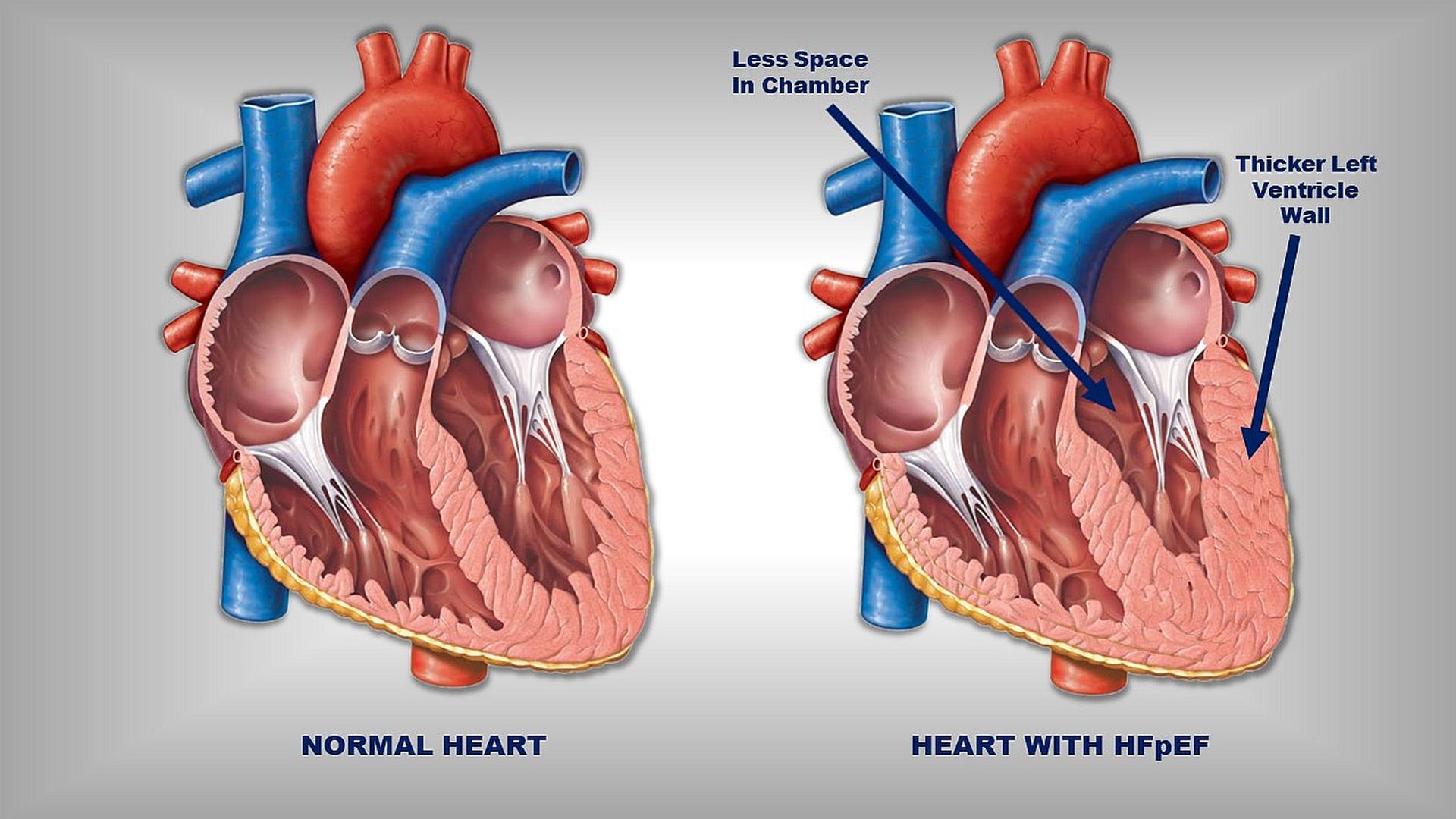The results of their study were published in the scientific journal ‘Steroids.’ Francis Yoshimoto, an assistant professor in the Department of Chemistry at the UTSA College of Sciences, is leading a team that has developed an anti-obesity drug that inhibits the effects of cytochrome P450 8B1, an enzyme-linked to cholesterol absorption and obesity. Yoshimoto worked with Eunhee Chung, an associate professor in the Department of Kinesiology at the UTSA College of Health, Community, and Policy, to test the new drug.
Yoshimoto sent test samples to Chung’s National Institutes of Health-funded laboratory, where she and her research team are studying the effects of bioactive compounds — chemicals found in small amounts in plants and certain foods — and how exercise can be used to treat obesity and related metabolic disorders.”As a child, I dreamed of helping my family members who suffered from obesity, heart disease, and other medical conditions,” Yoshimoto said. “This dream is now becoming a reality, as we have developed a small molecule that can be used to combat obesity, a problem that affects many families worldwide.”
As an exercise physiologist, I truly believe that exercise is the best medicine for combating noncommunicable diseases,” Chung added. “Unfortunately, exercise adherence is quite low, and the prevalence of obesity is steadily increasing.

” I have high hopes for further testing Dr. Yoshimoto’s inhibitor based on promising data.”The UTSA drug has the potential to inhibit the activity of P450 8B1, the enzyme responsible for the production of cholic acid in the body. As a result of this inhibition, cholesterol absorption is reduced. This process may hold the key to treating obesity-related metabolic disorders as well as other obesity-related diseases such as heart disease and diabetes.
The team’s research included administering the inhibitor drug to mice for seven days. Despite being fed a high-fat, high-sucrose diet, the result was a decrease in glucose levels in their blood, with no effect on their body weight.
The findings show how a P450 8B1 inhibitor can lead to a healthier metabolic profile and could pave the way for the development of a therapeutic strategy to treat obesity-related insulin resistance. According to the World Health Organization, there were 1.9 billion overweight adults worldwide in 2016, with 650 million classified as obese. Obesity is a major contributor to heart disease, which kills one out of every four people in the United States.”These findings demonstrate how our synthetic chemistry research can significantly contribute to societal well-being by treating obesity and heart disease,” Yoshimoto said. (ANI)









































